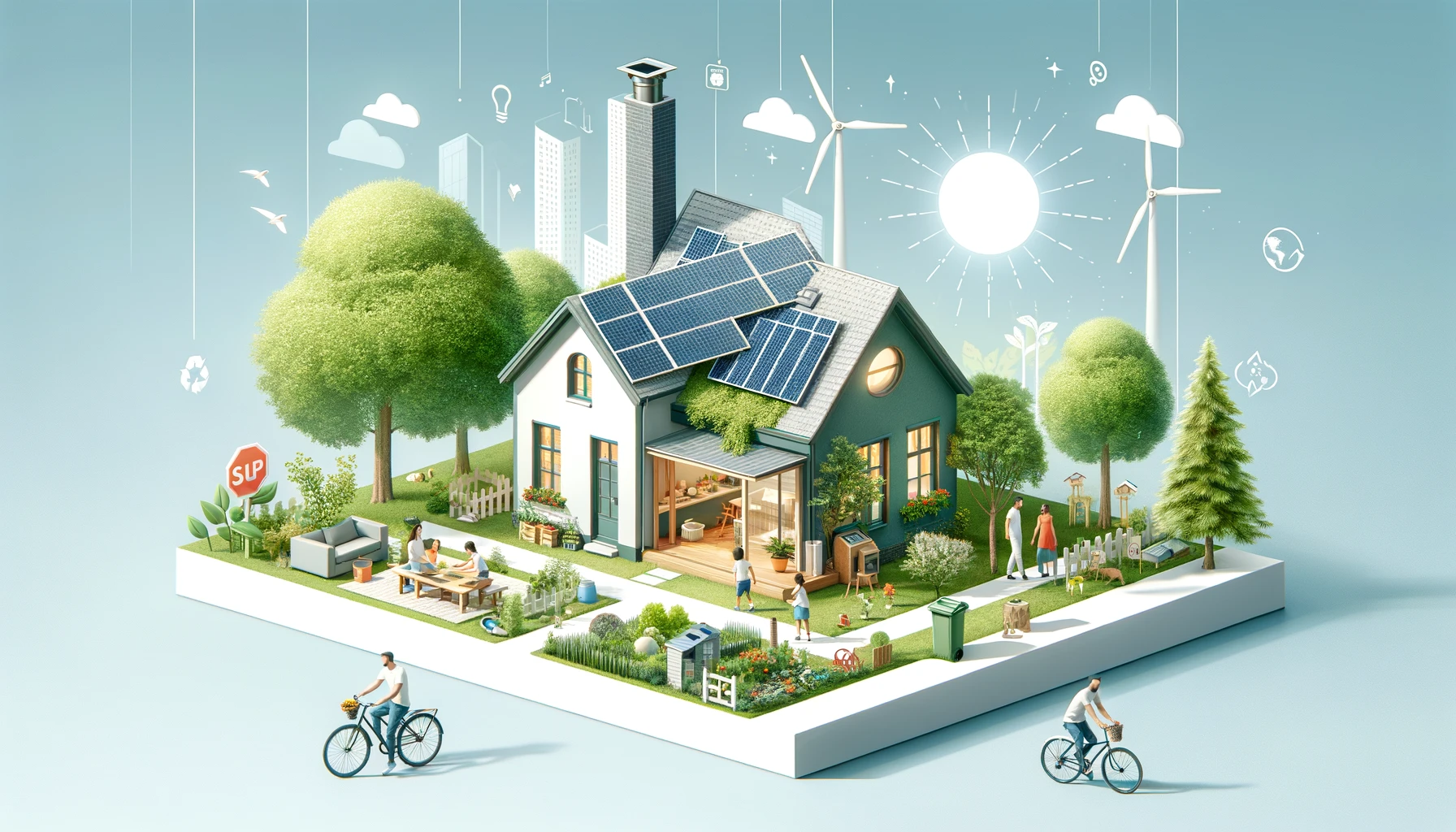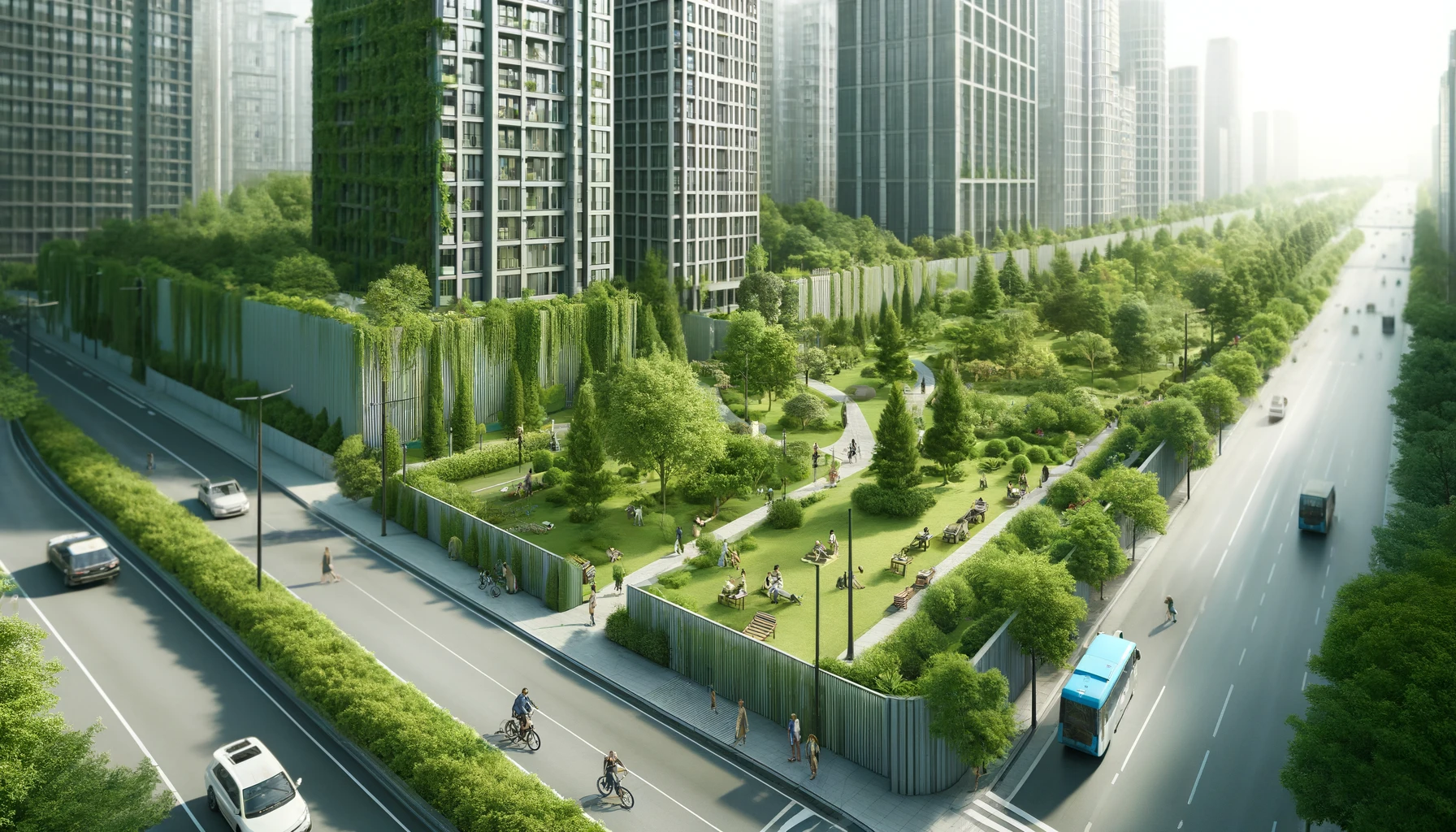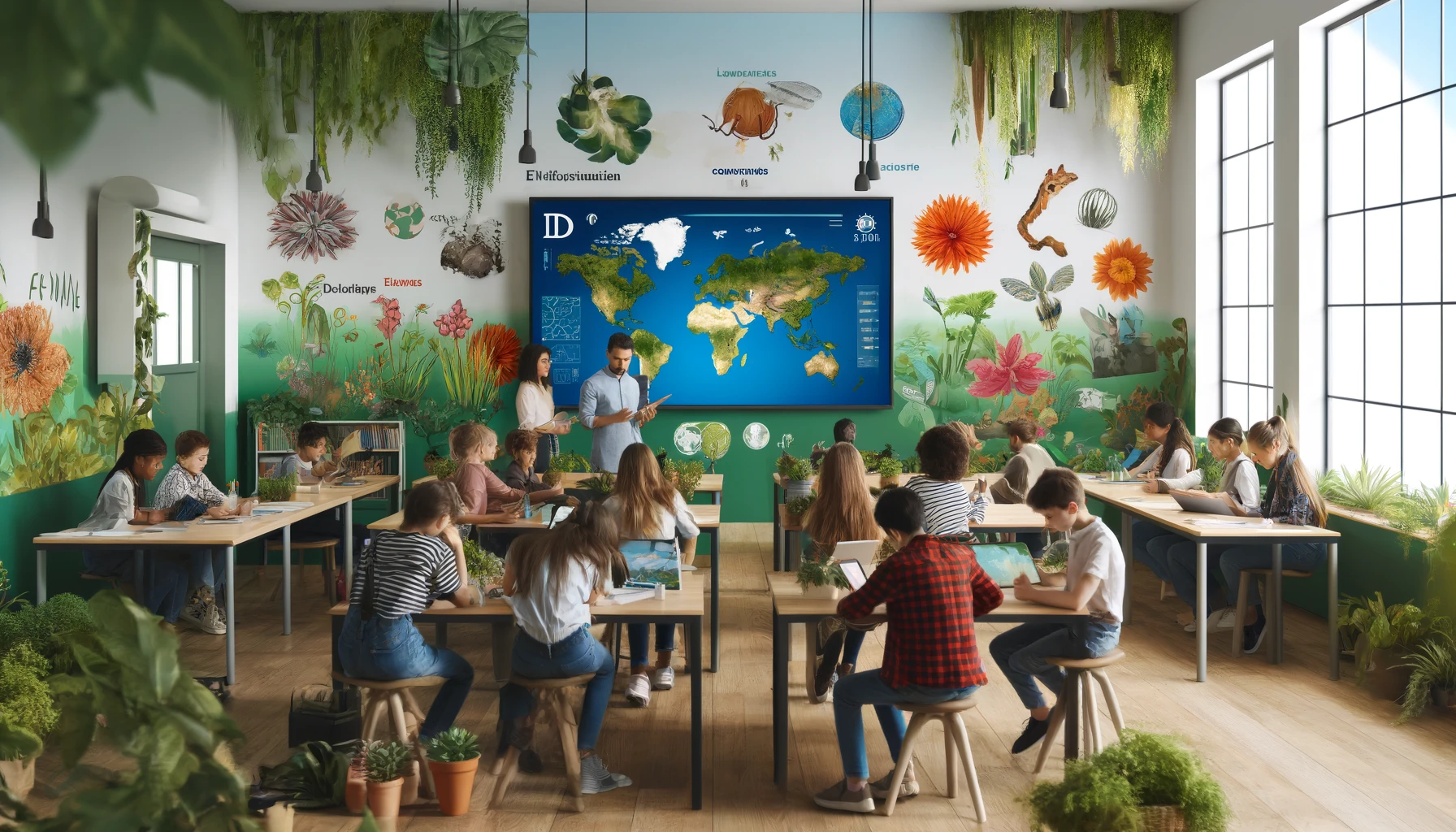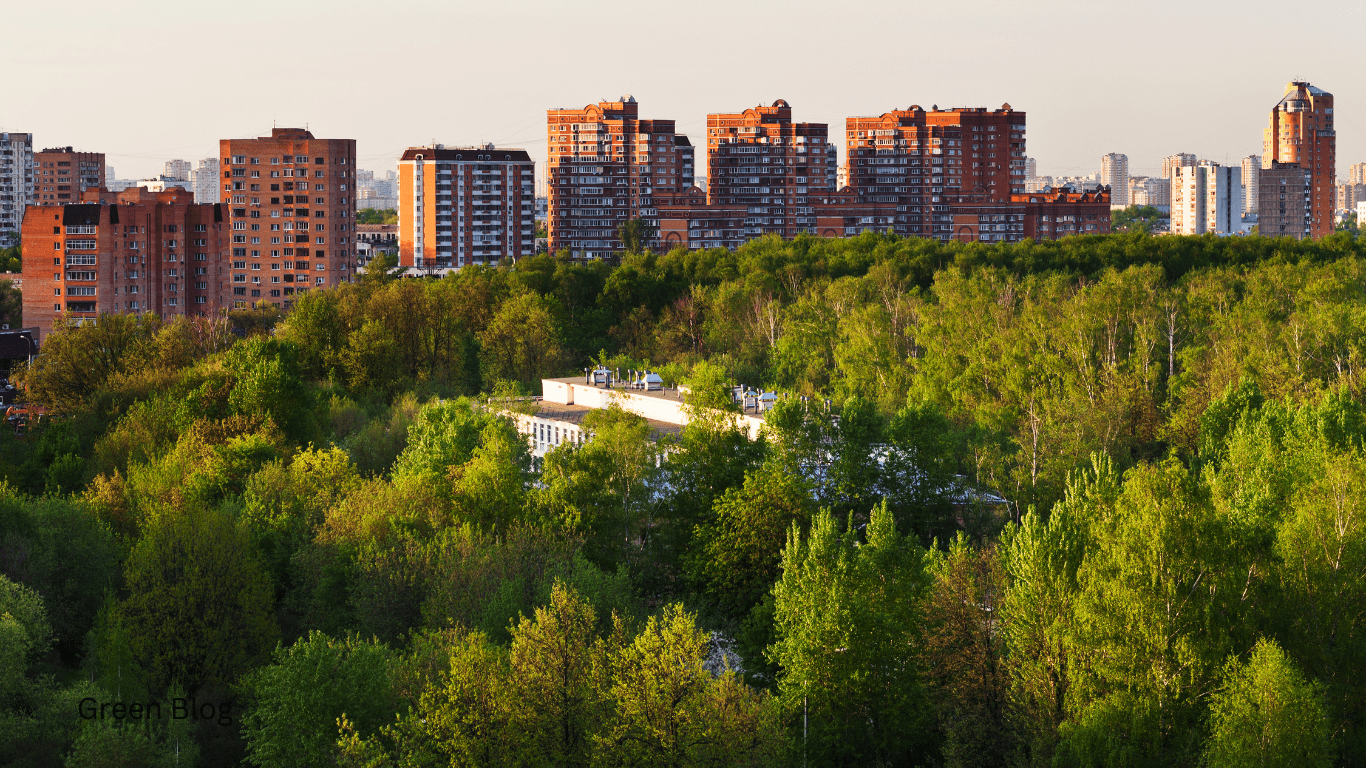Discover practical and impactful ways to fight climate change from the comfort of your home. Learn how to reduce your carbon footprint with energy-efficient solutions, sustainable transportation, plant-based diets, and more. Every small step counts!


Discover practical and impactful ways to fight climate change from the comfort of your home. Learn how to reduce your carbon footprint with energy-efficient solutions, sustainable transportation, plant-based diets, and more. Every small step counts!

Single-use plastics are a major contributor to pollution, often used briefly but persisting in the environment for centuries, breaking down into harmful microplastics. These microplastics contaminate ecosystems, entering the food chain and posing health risks to wildlife and humans. The production and disposal of plastics also exacerbate climate change and strain waste management systems. By opting for plastic-free alternatives like reusable bags, metal straws, and biodegradable packaging, we can significantly reduce our environmental impact. Collective efforts towards sustainable living and supporting eco-friendly practices are essential in combating plastic pollution.

In modern cities, noise pollution has become a pervasive issue, impacting the health and well-being of residents. Traffic, construction, sirens, and industrial activities disrupt daily life and pose serious health risks. Addressing this issue is crucial for creating healthier, more livable urban spaces.

Discover how education empowers environmental conservation efforts, shaping a sustainable future through increased awareness, pro-environmental behaviors, and innovative teaching methods. Learn more in this comprehensive guide.

The world is at a crossroads. Our dependence on fossil fuels has intensified climate change, demanding a swift shift to clean energy. Renewables are on the rise, with solar and wind leading the way. Their declining costs and increasing efficiency are making them a competitive alternative. However, challenges remain. Integrating renewables into the grid requires solutions for intermittency. Equitable access is another hurdle, as low-income communities often lack the resources for solar panels or other renewable systems.

As the world becomes increasingly urbanized, cities are often viewed as hubs of human activity, disconnected from the natural world. However, this perspective overlooks the vital role that cities can play in supporting wildlife and promoting biodiversity. Urban ecology, the study of the relationship between cities and the natural environment, reveals that cities can be more than just concrete jungles – they can be thriving ecosystems that support a wide range of plant and animal species.